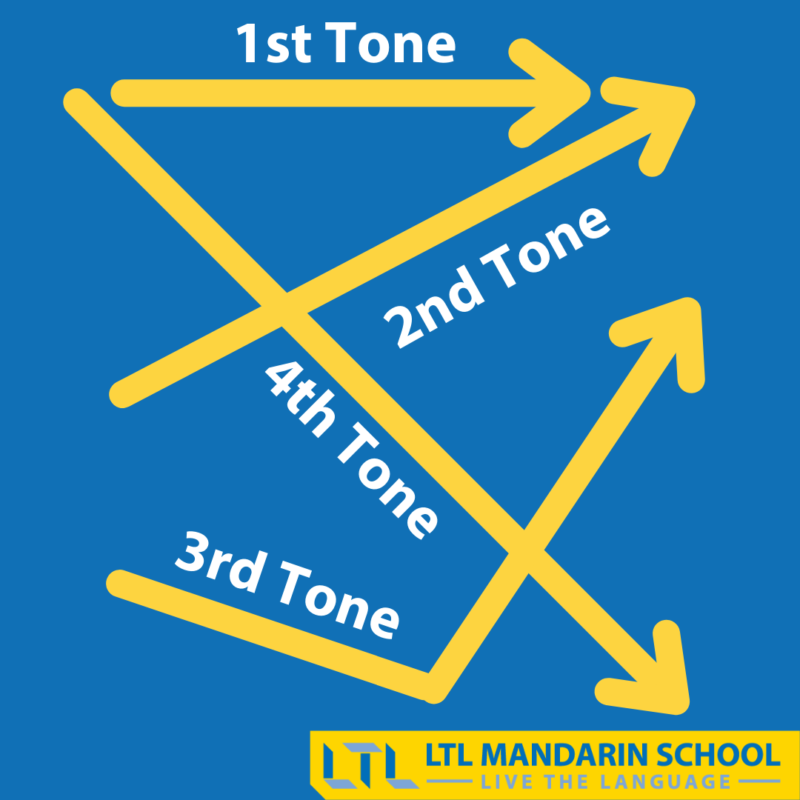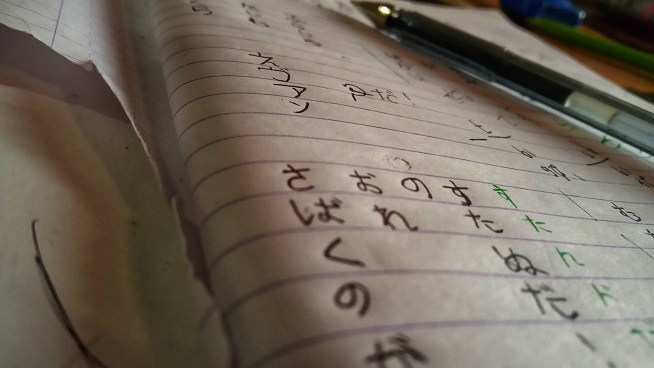While the question “Is Chinese or Korean harder to learn” may have two different answers, it is true that both languages are difficult to learn. While Japanese and Chinese are more similar than different, there are some differences between the two languages, including a number of consonants. The first difference is that Japanese is easier to start with because the word “nuk” has only one reading, while the second difference has several variations.

While Chinese is easier to learn than Korean, Japanese has a few key differences. Its written system contains spaces, which allow for easy word searches. The differences between the two languages lie largely in the differences between the written and spoken languages. For example, the Japanese and Korean alphabets contain different forms of the same word, while Chinese uses a simpler form. However, it can be challenging to read and pronounce these letters.
The other difference between the two languages is the amount of vocabulary. Chinese has a lot more vocabulary, while Korean has fewer. For beginners, both languages are easier to learn because of the phonetic alphabet. Also, Chinese has a larger population, which makes it easier to find practice partners and study materials. For those who are serious about learning a new language, Korean is the way to go. You’ll be amazed at how much easier it is to learn a new language once you know how to speak it.
While Chinese has a large vocabulary, learning the language’s alphabet is much harder. The Chinese characters are also more complex than those in Korean. You must be familiar with both sets of characters before you can even begin learning to read them. Fortunately, Korean has few loanwords and is more widely spoken than Chinese. The Korean alphabet is much simpler than that of the former. Despite its complexity, it can be easy to pick up.
Both languages have their pros and cons. Both have many advantages. Despite their similarities in grammar and phonetic alphabets, Chinese is easier to learn because it uses a broader range of characters. Because of this, it’s easier to find study materials and practice partners in both countries. This is true for any language. In addition, the two languages differ in the way they are spoken and written. So which one is more difficult to learn?
In terms of vocabulary, Chinese is easier to learn because it has fewer consonants than Korean. And because it’s easier to learn, it’s easier to practice. And because Korean is a much more widespread language, it’s more likely to be used for business purposes. It’s also easier to learn to speak. The same goes for tonality. You can learn to pronounce the words in both languages.
Compared to English, Korean is easier to learn than Chinese. It is more similar to English, but it is less complex than both. Unlike the two major languages, Korean’s words are easier to remember. It’s easy to memorize the words in both languages. You can also use mnemonics. This can be helpful if you’re looking for practice partners for your language studies.
For grammar, Korean is easier than Chinese. While both Korean is easier to learn than Chinese, it is not easier than Japanese. Nevertheless, both languages are harder to learn than English. It’s not possible to memorize them both. It’s necessary to make notes regularly to make sure you understand them correctly. This is why the two languages are similar in this respect. In addition, they both contain different types of vowels.
As far as the ease of learning a language goes, Chinese is easier to learn than Japanese. The language is easier because the characters are recognizable. It has no difficult Kanji, unlike Chinese, and requires less effort to translate. And the grammar rules are easier than in other Asian languages. You can learn Korean faster by incorporating simple words in sentences. But remembering the alphabet can be confusing when you’re attempting to write in Korean.



